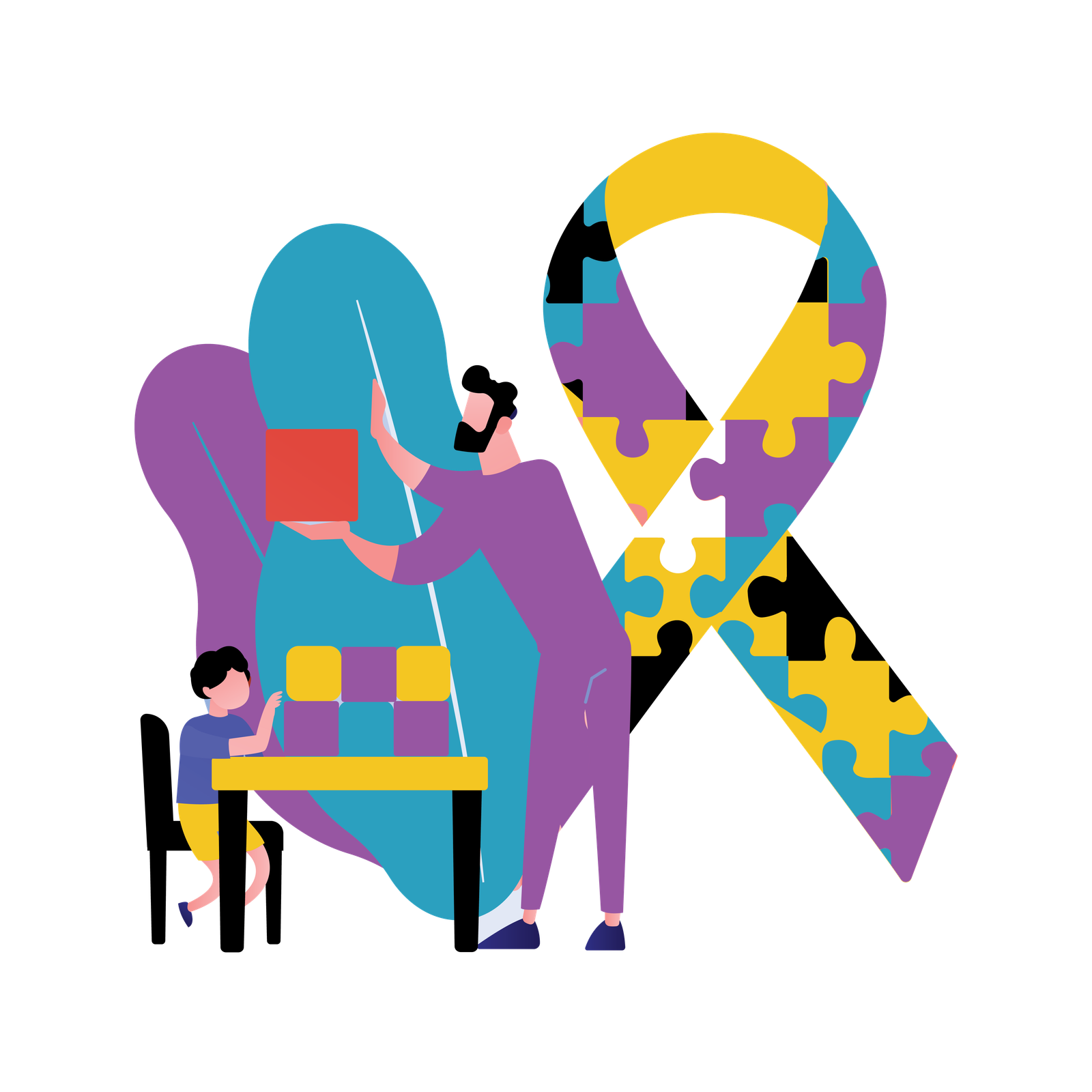+91 78889-76762
Autism Assessment
A healthier choice for a healthier you.
Autism Assessment
Autism Assessment

The Importance of Autism Assessment in India?
Expert Guidance for Anger Management
Paid therapy provides access to qualified professionals who specialize in anger management for children. Therapists with expertise in this area can offer evidence-based techniques and tailored strategies to address the unique challenges children face. By seeking professional therapy for anger issues, parents can ensure their child receives the best possible care.
Safe and Supportive Environment
A key benefit of paid therapy is the creation of a safe, confidential space where children can openly express their emotions. In a therapeutic setting, children can explore their anger without fear of judgment, which is essential for effective emotional regulation. Therapy for children’s anger provides a structured environment where they can learn to manage their feelings constructively.
Why Paid Therapy is Essential Anger Issues in Children?
Why Paid Therapy is Essential Anger Issues in Children?
Specialized Services
Complex Issues: Some children may have underlying psychological issues such as trauma, anxiety, ADHD, or other developmental disorders. Paid therapists are trained to identify these conditions and provide specialized treatment, which might not be available through free or general services.
Privacy and Confidentiality
Safe Environment: Paid therapy provides a private and confidential space for children and their families to express themselves openly without fear of judgment. This safe environment encourages honesty and transparency, which is essential for effective therapy.
Long-Term Benefits
Preventing Future Problems: Investing in therapy during childhood can prevent the development of more serious mental health issues, behavioral problems, or social difficulties in the future. The benefits often extend well beyond the therapy sessions themselves, impacting the child’s academic performance, relationships, and emotional resilience.
Therapeutic Techniques
Evidence-Based Practices: Paid therapists use scientifically-backed techniques like Cognitive Behavioral Therapy (CBT), play therapy, or family therapy, which are proven to be effective in managing anger and other emotional challenges.
Why Anger Issues in Children therapy is Important?
Why Anger Issues in Children therapy is Important?
Emotional Well-being
Chronic anger or unmanaged emotions can lead to long-term emotional problems like anxiety, depression, or other mental health issues. Children who struggle with anger may find it difficult to regulate their emotions in healthy ways.
Behavioral Problems
Unmanaged anger often leads to aggressive or disruptive behaviors. Children might develop a pattern of yelling, hitting, or throwing tantrums, which can lead to disciplinary actions at home or in school.
Mental Health Awareness
In India, mental health awareness is gradually growing, but there's still stigma around discussing psychological issues openly. Addressing anger in children is part of a larger effort to normalize mental health care and reduce the stigma associated with seeking help.
Long-term Consequences
If anger issues are not addressed in childhood, they can persist into adulthood, leading to relationship problems, difficulties in professional settings, and mental health disorders.
How to Choose the Best Therapist for Your Needs
Determine Your Needs
Identify what you want to achieve from therapy. Are you dealing with anxiety, depression, relationship issues, or something else? Knowing your needs will help you find a therapist who specializes in those areas.
Consider Therapy Approach and Techniques
Different therapists use various therapeutic approaches, such as Cognitive Behavioral Therapy (CBT), Psychodynamic Therapy, or Solution-Focused Therapy. Research these methods and choose a therapist whose approach aligns with your preferences and goals.
Assess Communication Style
During the initial consultation, evaluate how well the therapist communicates. Do they listen actively and respond empathetically? It’s important to feel understood and respected, so choose someone whose communication style makes you feel comfortable.
Read Reviews and Testimonials
Check online reviews and testimonials from other clients. This can give you insights into the therapist’s approach, effectiveness, and how comfortable others have felt during their sessions. Positive feedback and recommendations can be a good indicator of a therapist’s competence.

5.0Top Rated Serviceverified by TrustindexTrustindex verifies that the company has a review score above 4.5, based on reviews collected on Google over the past 12 months, qualifying it to receive the Top Rated Certificate.
The professional, licensed, and vetted Psychologist who you can trust.
FAQs About Child Therapy
Relationship counseling is a type of therapy that helps couples address and resolve issues in their relationship. It involves working with a trained counselor who provides guidance on communication, conflict resolution, and emotional connection.
Consider relationship counseling if you’re experiencing ongoing conflicts, communication problems, trust issues, or if you feel emotionally disconnected from your partner. It can also be beneficial during significant life changes or transitions.
The duration of relationship counseling varies depending on the complexity of the issues. Some couples may see improvement in a few sessions, while others may require several months of therapy to achieve their goals.
It’s common for one partner to be hesitant about counseling. If this is the case, try to have an open discussion about the benefits of counseling and how it could improve your relationship. Sometimes, attending an initial session alone can help your partner become more open to the idea.
You can find a good relationship counselor through online directories, referrals from friends or family, or mental health organizations. Look for counselors with appropriate qualifications, experience in relationship issues, and positive reviews from previous clients.
During a counseling session, you can expect to discuss your concerns openly with your partner and the counselor. The therapist will guide the conversation, help you identify underlying issues, and work with you to develop strategies for improving your relationship.
